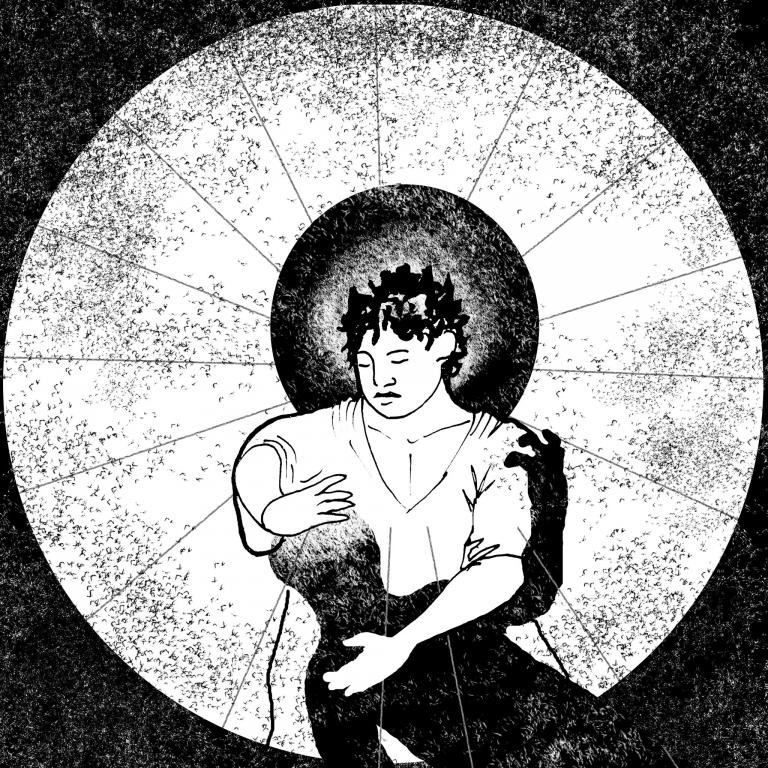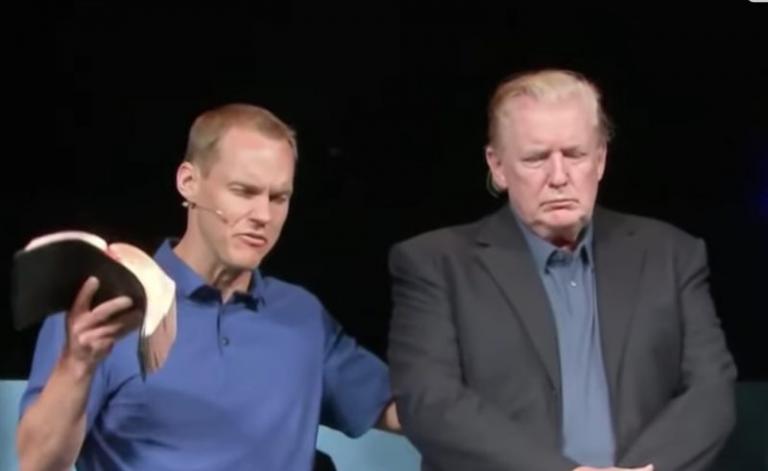I am frustrated with the widespread mental habit of equating being “extreme” with rigidity or fundamentalism. Being “extreme” simply denotes having a view that is towards the ends of a bell curve. Many current mainstream ideas were once extreme. And many mainstream ideas today will become, at some point, extreme. The popularity of an idea isn’t an indication of its rightness.
Abolitionism, for example, was once an extreme view. In the early centuries of the American institution of slavery, the “reasonable” moderates would have advocated for something akin to compassionate slavery. A sort of early form of “compassionate conservatism.” Eventually, gradualism became the moderate position (the idea that we should end slavery, but not right away). Of course, now it is mainstream to be against slavery. But abolitionism was right long before it became the mainstream view.
And one can be mainstream and rigid at the same time. I suspect that a lot of moderates in our society are actually quite fundamentalist…so committed to the status quo that they cannot even imagine an alternative. So committed they are willing to kill to maintain the status quo…or at least allow soldiers to kill for it. Yet the mainstream hides among its numbers, allowing death to be done to maintain its way of life while, at the same time, decrying the fringes as “extreme.”
Meanwhile, any extreme view–no matter how just–is met with suspicion. The assumption is that no issue is so important that it should threaten the status quo. “Let’s gradually abolish slavery, so as not to upset the economy!” The same approach is taken today with international child labor, sweatshops, land justice for Indigenous peoples, war in oil-rich zones, etc. The argument is one of moderation. And those who don’t acquiesce to the mainstream sensibility are often treated (at best) as naive children or (at worst) terrorists.
This is why, when folks who know my views meet me for the first time, it isn’t uncommon for this sort of exchange to transpire:
Them: “Wow, Mark! You’re so much nicer and funnier than I thought you’d be!”
Me: “Huh? Thanks?”
Them: “Because I thought you were some sort of anarchist.”
Me: “Well, I am. Just because I think that every form of structural hierarchy is bad, doesn’t make me a jerk…I mean, I kinda think abolishing oppression is precisely non-jerky.” (chuckles)
Them: “I suppose…”
Me: “I can hold to rather strong convictions, but it doesn’t mean I’m super glum and serious. And some of my best friends are capitalists, so…”
(at this point, the other person goes to refill their drink)
I’ve met some pretty angry, defensive, rigid moderates. Being in the majority doesn’t make you a better person.
Meanwhile, some extremists are very much open to new ideas…they are constantly exploring new possibilities and do so with a deep generosity of spirit. I imagine someone like Jesus or Gandhi or Te Whiti or Dorothy Day would be seen as extreme, but were not particularly rigid (though, they knew when and how to take a stand).
To be a moderate is to hold mainstream ideas or convictions. Generosity of spirit is about how one holds one’s views. Don’t confuse them for one another.
To be an extremist is to hold uncommon ideas or convictions. Rigidity of spirit or fundamentalism is about how one holds one’s views. Don’t confuse them for one another.
All of this is to say: sometimes it is good to be an extremist. Don’t fight it…embrace it. But don’t be a jerk about it.















